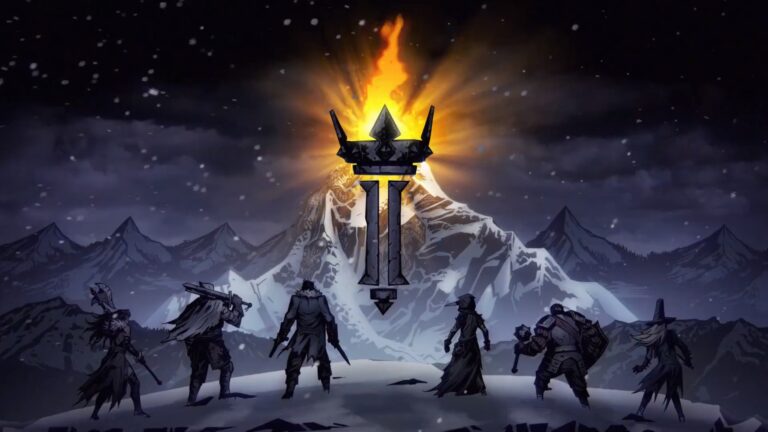Many companies have released their earnings call for the most recent quarter, including the two big names in gaming: Sony and Microsoft. With these companies going head-to-head with their newest consoles, their earnings calls are a good indicator of which one is resonating more with audiences. Based on the available information, it appears that PlayStation is having a successful year, while Xbox is struggling, indicating that the Game Pass model may not be as sustainable as originally thought.
The overall message is that Sony is satisfied with the performance of its gaming division, while Microsoft is dissatisfied with the performance of the Xbox. Sony’s gaming division generated 250 billion yen, making it one of the company’s most successful divisions. In particular, Sony has shipped over 38.4 million PlayStation 5 units (including 6.3 million in the fourth quarter alone), representing an increase of 4.3 million shipments from the previous year.
In contrast, Microsoft’s gaming division was among the worst-performing divisions of the company. The revenue from Xbox Series X/S has decreased by 30 percent year-on-year, and Xbox Game Pass is expected to fall short of its subscriber targets for 2023, repeating last year’s unfortunate outcome. While Xbox has recently received an onslaught of negative publicity, which may have contributed to these figures, a more general issue may be the game pass model itself.
We have extensively discussed the merits of Game Pass, and overall, the concept is appealing. However, the actual numbers and performance don’t support the execution. Microsoft appears to be prioritizing Game Pass sales over console sales, but the underwhelming subscriber count suggests that this strategy isn’t working as intended.
Microsoft emphasizes a subscription service, while PlayStation promotes individual games. PlayStation effectively markets visually impressive games that resonate with consumers and generate interest. In contrast, Xbox primarily markets its subscription service, which has a limited number of high-budget exclusives.
It is worth acknowledging that Game Pass has a collection of older games to offer as well as an impressive lineup of indie games, which support creative endeavors like Pentiment and The Last Case of Benedict Fox. These games are undoubtedly excellent, but they may not necessarily be strong enough to sell consoles on their own. In contrast, major titles like Marvel’s Spider-Man 2 and Final Fantasy 16 are more likely to generate interest in a particular console and lead to increased sales.
Last quarter, Xbox Game Pass released Golden Eye 007 and Hi-Fi Rush to critical acclaim. However, despite their popularity, they did not have a significant impact on subscriber numbers. While Xbox does have some Triple-A games in development, the most notable being Redfall, the first-person co-op shooter has not had the best showing. The initial trailer was underwhelming and failed to effectively convey the nature of the game. Even to this day, it remains unclear whether Redfall is a Left 4 Dead clone or an open-world shooter unless you look at specific interviews with developers.
Additionally, Redfall recently came under controversy for being limited to 30 FPS at launch, which is considered unacceptable given that the Series X is capable of handling 60 FPS and most gamers prefer it.
Xbox’s current position is not ideal, with underwhelming Triple-A releases and promised games being far off. In contrast, PlayStation recently released Horizon Forbidden West: Burning Shores and has Final Fantasy 16 and Marvel’s Spider-Man 2 coming later this year. Xbox has Starfield to look forward to, which could potentially boost Game Pass subscriptions, but it remains an unknown quantity compared to PlayStation’s games. Essentially, PlayStation has established a reputation for releasing solid games with exceptional polish while Xbox has not.
Another issue for Microsoft is the challenges facing the Activision acquisition. While many believed that Sony’s concern about Microsoft monopolizing Call of Duty was the biggest threat to the $68.7 billion deal, it was ultimately the UK’s Competition and Market Authority (CMA) that blocked the acquisition due to its potential impact on cloud gaming. The decision may seem illogical, but Microsoft must still address its consequences. The attempt to increase first-party support has backfired, causing more problems than expected. Meanwhile, PlayStation is steadily expanding its already successful first-party library by acquiring smaller studios like Firewalk.
It’s clear that Xbox is facing challenges and negative perceptions in the gaming industry. While Game Pass has some strengths, it may not be enough to sway consumers who prioritize Triple-A titles and first-party support. Sony’s success with their polished Triple-A games and acquisition of smaller companies for first-party support has helped them stay ahead of the competition. It’s possible that Xbox may need to reconsider its approach and make some bold moves in order to improve its standing in the industry.
Stay tuned at Gaming Instincts via Twitter, YouTube, Instagram, and Facebook for more gaming news.
No related posts.







